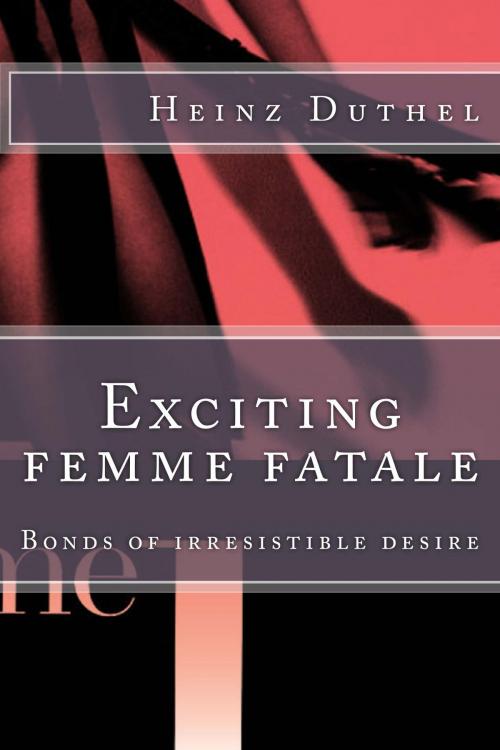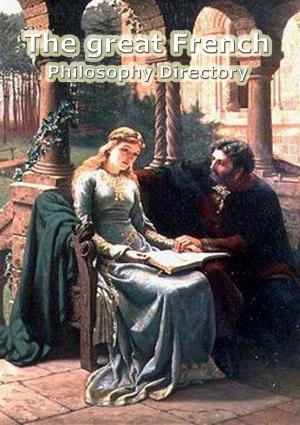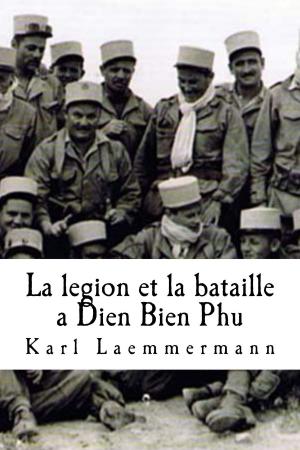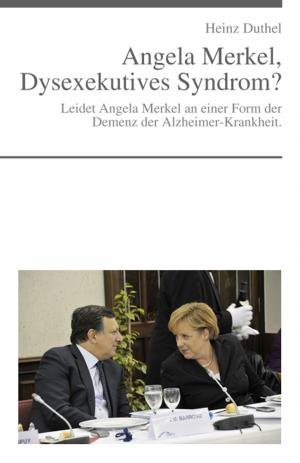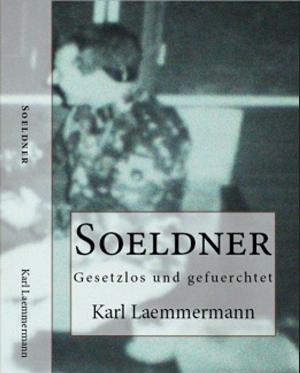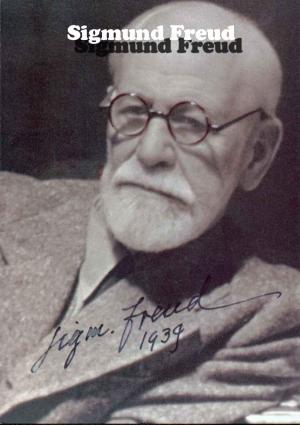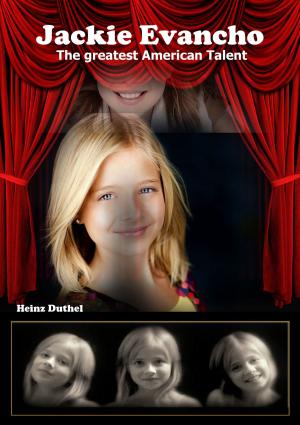| Author: | Heinz Duthel | ISBN: | 1230000126824 |
| Publisher: | Heinz Duthel | Publication: | April 21, 2013 |
| Imprint: | Language: | English |
| Author: | Heinz Duthel |
| ISBN: | 1230000126824 |
| Publisher: | Heinz Duthel |
| Publication: | April 21, 2013 |
| Imprint: | |
| Language: | English |
No Place for a Woman: The Family in Film Noir
The Femme Fatale
"He keeps me on a leash so tight I can't breathe." Double Indemnity (1944)
Of the three types of noir women, the femme fatale represents the most direct attack on traditional womanhood and the nuclear family. She refuses to play the role of devoted wife and loving mother that mainstream society prescribes for women. She finds marriage to be confining, loveless, sexless, and dull, and she uses all of her cunning and sexual attractiveness to gain her independence. As Janey Place points out, "She is not often won over and pacified by love for the hero, as is the strong heroine of the forties who is significantly less sexual than the film noir woman." She remains fiercely independent even when faced with her own destruction. And in spite of her inevitable death, she leaves behind the image of a strong, exciting, and unrepentant woman who defies the control of men and rejects the institution of the family.
The classic femme fatale resorts to murder to free herself from an unbearable
relationship with a man who would try to possess and control her, as if she were a piece of property or a pet. According to Sylvia Harvey, the women of film noir are "[p]resented as prizes, desirable objects" for the men of these films, and men's treatment of women as mere possessions is a recurring theme in film noir. In a telling scene from an early noir thriller, I Wake Up Screaming (1941), three men sit in a bar lamenting their unsuccessful attempts to seduce the femme fatale, clearly resenting her inexplicable refusal to be possessed. When one man complains that "Women are all alike," another responds simply, "Well, you've got to have them around — they're standard equipment."
In Out of the Past (1947), Kathie Moffett shoots her way out of a confining relationship with gambler Whit Sterling, but Whit hires detective Jeff Markham to retrieve her. When Jeff asks Whit for some assurance that he will not harm Kathie if he gets her back, Whit answers by comparing her to a racehorse that he once owned. Whit obviously thinks of Kathie as his prize possession. Similarly, Rip Murdoch (Humphrey Bogart) in Dead Reckoning
(1947) wishes aloud that women could be reduced to pocket size, to be put away when not desired and returned to normal size when needed.
This attitude is not lost on the women themselves. They feel trapped by
husbands or lovers who treat them as "standard equipment" and by an institution — marriage — that makes such treatment possible. Marriage for the femme fatale is associated with unhappiness, boredom, and the absence of romantic love and sexual desire. In Double Indemnity (1944), Phyllis Dietrichson (Barbara Stanwyck) feels like a caged animal in her husband's home and is driven to murder him largely because he shows no affection for her, only indifference: "I feel as if he was watching me. Not that he cares, not anymore. But he keeps me on a leash so tight I can't breathe."
No Place for a Woman: The Family in Film Noir
The Femme Fatale
"He keeps me on a leash so tight I can't breathe." Double Indemnity (1944)
Of the three types of noir women, the femme fatale represents the most direct attack on traditional womanhood and the nuclear family. She refuses to play the role of devoted wife and loving mother that mainstream society prescribes for women. She finds marriage to be confining, loveless, sexless, and dull, and she uses all of her cunning and sexual attractiveness to gain her independence. As Janey Place points out, "She is not often won over and pacified by love for the hero, as is the strong heroine of the forties who is significantly less sexual than the film noir woman." She remains fiercely independent even when faced with her own destruction. And in spite of her inevitable death, she leaves behind the image of a strong, exciting, and unrepentant woman who defies the control of men and rejects the institution of the family.
The classic femme fatale resorts to murder to free herself from an unbearable
relationship with a man who would try to possess and control her, as if she were a piece of property or a pet. According to Sylvia Harvey, the women of film noir are "[p]resented as prizes, desirable objects" for the men of these films, and men's treatment of women as mere possessions is a recurring theme in film noir. In a telling scene from an early noir thriller, I Wake Up Screaming (1941), three men sit in a bar lamenting their unsuccessful attempts to seduce the femme fatale, clearly resenting her inexplicable refusal to be possessed. When one man complains that "Women are all alike," another responds simply, "Well, you've got to have them around — they're standard equipment."
In Out of the Past (1947), Kathie Moffett shoots her way out of a confining relationship with gambler Whit Sterling, but Whit hires detective Jeff Markham to retrieve her. When Jeff asks Whit for some assurance that he will not harm Kathie if he gets her back, Whit answers by comparing her to a racehorse that he once owned. Whit obviously thinks of Kathie as his prize possession. Similarly, Rip Murdoch (Humphrey Bogart) in Dead Reckoning
(1947) wishes aloud that women could be reduced to pocket size, to be put away when not desired and returned to normal size when needed.
This attitude is not lost on the women themselves. They feel trapped by
husbands or lovers who treat them as "standard equipment" and by an institution — marriage — that makes such treatment possible. Marriage for the femme fatale is associated with unhappiness, boredom, and the absence of romantic love and sexual desire. In Double Indemnity (1944), Phyllis Dietrichson (Barbara Stanwyck) feels like a caged animal in her husband's home and is driven to murder him largely because he shows no affection for her, only indifference: "I feel as if he was watching me. Not that he cares, not anymore. But he keeps me on a leash so tight I can't breathe."
